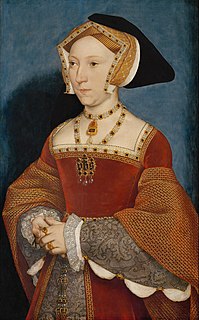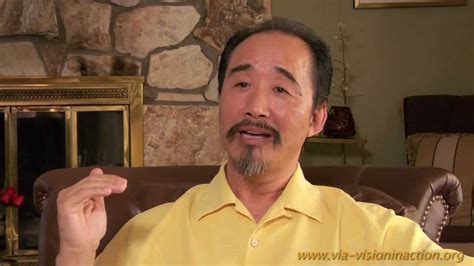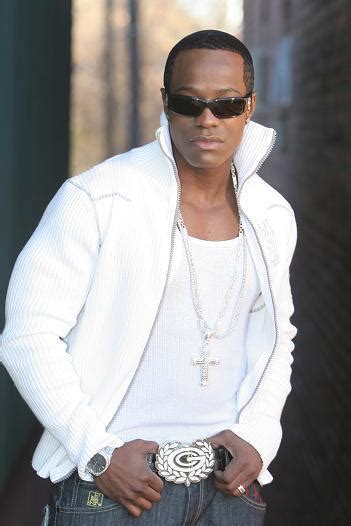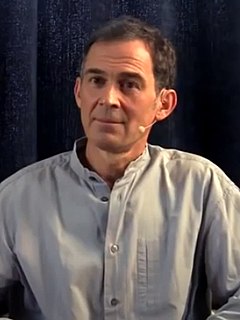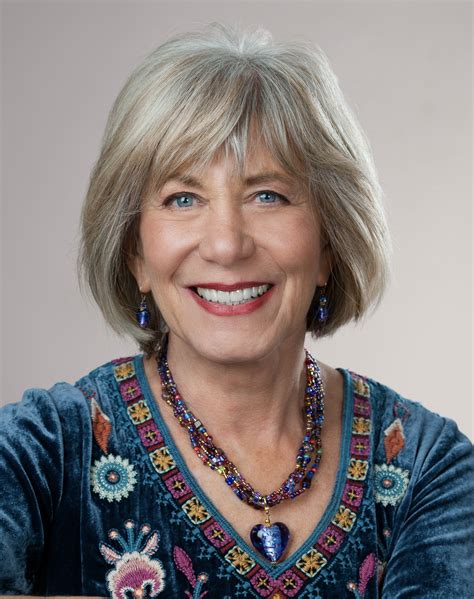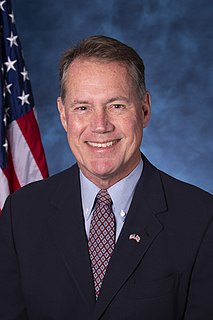A Quote by Jane Seymour
This is something I consider Enlightenment to be - and that is to give intellectual or spiritual understanding and to be free of ignorance, false beliefs or prejudice. Able to honor each person as they walk their own path and not infringe our own personal beliefs onto them but to accept what ever form that carries truth for them
Related Quotes
Authenticity is fundamental, more fundamental than spiritual enlightenment. Without authenticity, no genuine spiritual enlightenment is possible. Authenticity is the state of being committed to truth. Truth is simple. And no matter how simply a truth is stated, only those who have walked the path of understanding and evolution on their own can know and understand it authentically. The path of truth is the path least traveled. Authenticity is the clarity of being in which there is no self-deceit.
The very essence of truth is plainness and brightness; the darkness and crookedness is our own. The wisdom of God created understanding, fit and proportionable to truth, the object and end of it, as the eye to the thing visible. If our understanding have a film of ignorance over it, or be blear with gazing on other false glitterings, what is that to truth?
Cross-cultural reality testing forces people to examine both their own and others' understandings of reality. Most people simply assume that the
way they look at things is the way things really are, and judge other cultures' views of reality before understanding them. These judgments are
based on ethnocentrism, which closes the door to further understanding and communication. Furthermore, ethnocentric judgments keep missionaries from examining their own beliefs and values to determine which of them are based on biblical foundations and which on their cultural beliefs.
Unlike Descartes, we own and use our beliefs of the moment, even in the midst of philosophizing, until by what is vaguely called scientific method we change them here and there for the better. Within our own total evolving doctrine, we can judge truth as earnestly and absolutely as can be, subject to correction, but that goes without saying.
Become aware of your beliefs and automatic default settings. Bring them into the light of your present, adult knowledge. Gently acknowledge that they are what they are. Then accept that they constitute what you've believed until now, and that you can transform them into beliefs that allow you to fully express who you really are. Without judgment, patiently begin working to change subconscious and limiting beliefs into true expressions of your authentic self.
Heroes are necessary in order to enable the citizens to find their own ideals, courage and wisdom in the society. The hero carries our hopes, our aspirations, our ideals, our beliefs. In the deepest sense the hero is created by us; he or she is born collectively as our own myth. This is what makes heroism so important: it reflects our own sense of identity and from this our own heroism is molded.
